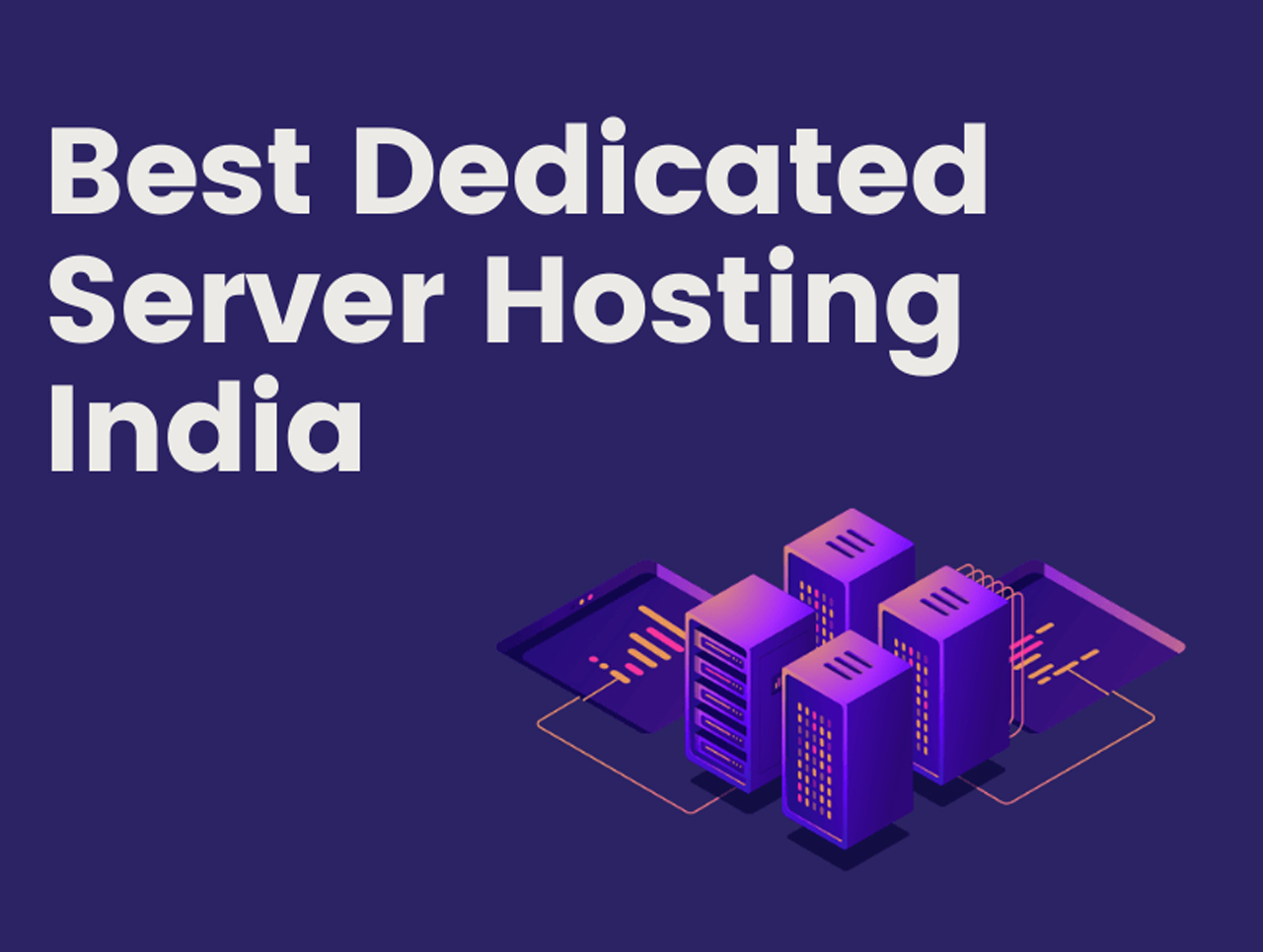
Dedicated Hosting
Dedicated server means that you get an entire server to yourself.
Dedicated Web Hosting Service
Dedicated server means that you get an entire server to yourself. There’s no sharing of CPU time, RAM or bandwidth, which means your website stays responsive at all times. Dedicated hosting implies that you also get far more control over how the server is configured. You can add and remove software, install updates or tweak all settings, allowing you to optimize the server for your specific needs. Best of all, dedicated web hosting contracts often come with fast and knowledgeable support. Disha Infotech best providers and monitor your server for issues, like failed services, and can often fix them before you’ve realized there was a problem.
A dedicated server could be a single system in a linked network which is reserved for the purpose of serving the requirements of one client. Within various networks, there are chances for a node to act as a server and perform different operations. Under the dedicated internet hosting model, the respective dedicated server is often a rented service wherein the customers technically rent the concerned server, computing resources and a web connection from the online dedicated web hosting service provider.

Technical Specifications
Progressively and technically
-
Linux Dedicated Server Features
- CentOS Linux with Full Root Access
- cPanel with WHM Control Panel +more
-
cPanel Control Panel
- Website Statistics: Webalizer, Raw Log Manager and Error Logs +more
- Latest cPanel Control Panel (View Demo)
-
WHM Control Panel
- Latest WHM Control Panel with Multi-language Availability
- Complete Control of all Server Settings, Services, and Accounts +more
-
Programming And Databases
- Unlimited MySQL Databases with phpMyAdmin Access
- Programming Language: CGI, Fast CGI, PHP 5, Python, SSI +more
-
Email Features
- Unlimited POP3 Email Accounts with SMTP
- Receive your email to your phone via IMAP Support +more
-
Top Of The Line Network
- Fully Redundant Network with NO Single Point of Failure
- Multiple Layers of Network Security